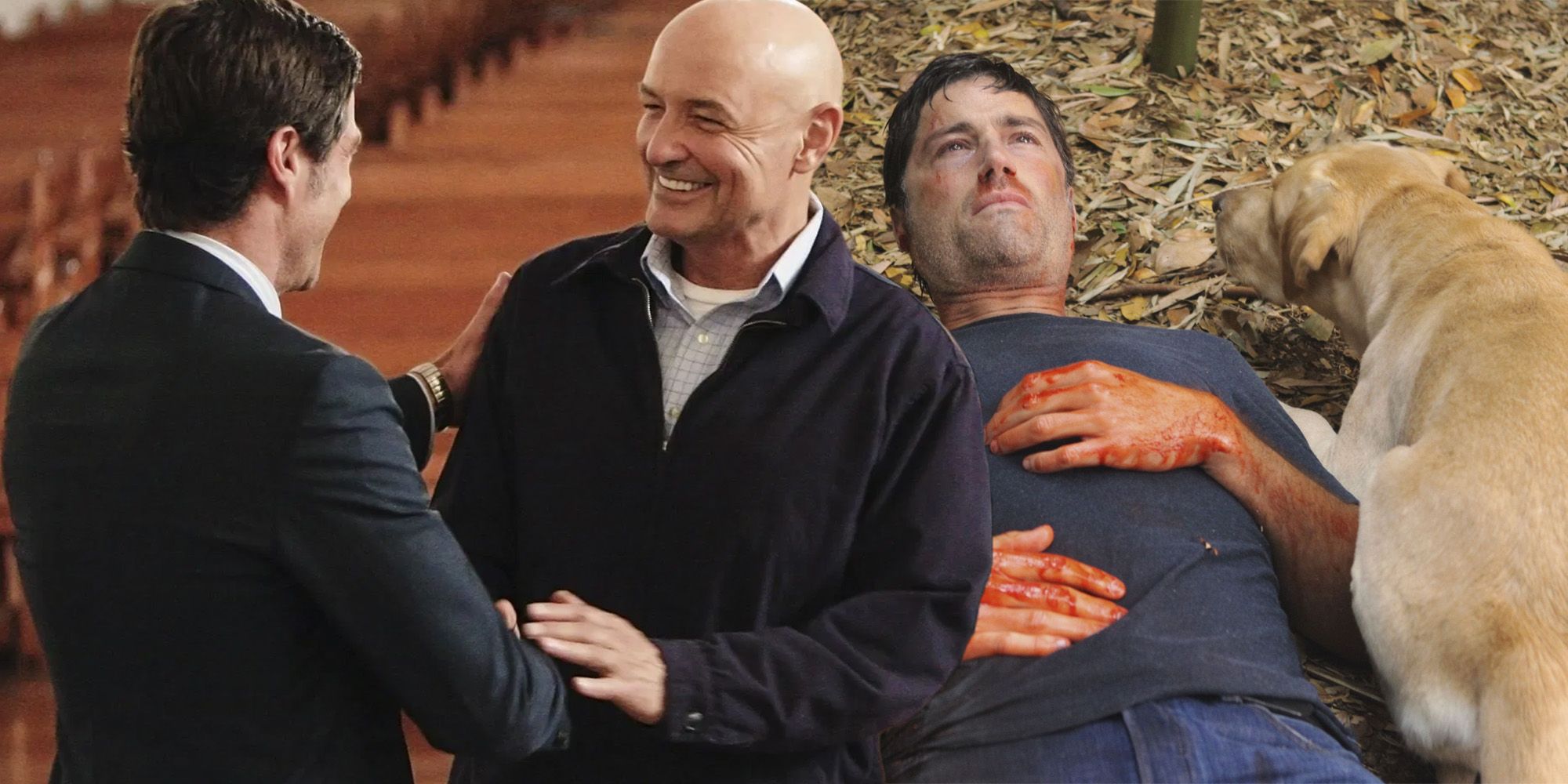Lost’s ending controversy is still talked about to this day, though the finale would have a much different legacy if it originally aired on a streaming platform. While hard to believe, ABC's Lost ended 11 years ago – becoming the show by which all other shows would be measured, especially regarding the finale.
After years of fan theories, writer interviews, and worldwide speculation, many were left unsatisfied by the show’s spiritually ambiguous, relationship-driven ending. While there are many that appreciate the emotional appeal of Lost’s finale, there are others that felt betrayed by the writer's direction.
Lost: Every Reveal From The NYCC Anniversary Panel
Ironically, both of these viewpoints would have been greatly altered if Lost's tenure was on that of a streaming platform as opposed to weekly network television. In an era of binge-watching and social media marketing, Lost would have had much less time to develop a worldwide anticipatory audience on streaming services. Subsequently, those disappointed by the finale would have felt less betrayed, but those appreciative of Lost's character pacing would have potentially felt shortchanged.
It's also worth mention that while Lost was on air, internet mediums like Reddit and Twitter were just starting to take off. This allowed for tremendous freedom and creativity for Lost fans around the world to discuss, debate, and theorize where the show was headed together. An audience with that much anticipation was primed for polarized reactions. While a huge strength of the show during its run, the finale crash-landed due to this hype and expectation surrounding the Lost's many mysteries. On a streaming platform, this would not have happened, at least certainly not to this degree. Fans wouldn't have had time to sit with the characters or plot week-by-week for years on end.
For many, this may sound like a better alternative. Viewers felt betrayed after years of buying into Lost's intrigue and exposition. This is something streaming handles very well. Television platforms now offer viewers a quick fix of whatever they enjoy, sparing them much waiting and theorizing. The viewer investment is much lower on streaming than on a network. Lost's finale - and really all of season 6 - would have a very different reputation if it was streamed and consumed in a shorter amount of time. But this isn't necessarily a good thing. One of the reasons the Lost finale is so polarizing is because of how successful the show was at growing characters over time. As the show progressed, character arcs mattered to the viewer. Lost fans really felt stranded alongside these castaways, growing together in the process, driven by emotion and excellent performances. While an argument can be made that streaming would have tempered finale expectations, it would also jeopardize the very episodes that made viewers care so much in the first place. Character development over time is something that Lost mastered beautifully, and doubled down on in the final episode. The ending controversy would be different and perhaps less potent had it been streamed, but so would its legacy.
When Lost ended, so did the normal television formula. Gone were the days of weekly episodes, water cooler conversations, and DVR. While the Lost finale maintains a level of controversy, the show itself has many iconic episodes that thrived on network television. Sure the finale may have crash-landed, but so did the original castaways, who from the very start learned to appreciate each other and make the most out of a mysterious situation. All in all, and for better or worse, Lost set the standard for character-driven storytelling, and changing its format may have hampered this greatly.


